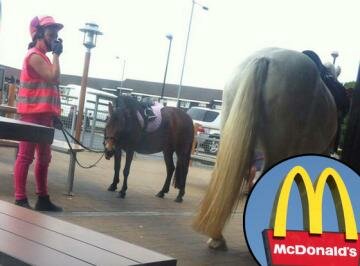It's the winning that counts: Children develop a competitive streak at the age of four
By 0
- Only then do they start to seriously play to win, no matter what kind of dirty tricks it takes, new research has found
- Until this age, the concept of winning doesn't register and toddlers aged three and under are happy to help each other during rather than compete
By Anna Hodgekiss
PUBLISHED: 09:41 EST, 19 August 2013 | UPDATED: 09:42 EST, 19 August 2013
0
View
comments
Children get a competitive streak from the age of four years old.
Only then do they start to seriously play to win, no matter what kind of dirty tricks it takes, new research has found.
Up to then, the concept of beating someone does not come into it and toddlers aged three and under are happy to help each other during rather than compete.

Children get a competitive streak from the age of just four years old. Only then do they start to seriously play to win, no matter what kind of dirty tricks it takes, new research has found
But at four, the brain appears to become hot-wired to think in terms of winning, said the joint British and Austrian research teams after tests with 71 children aged 3-5 years old.
The tests looked at the youngsters' 'perspectives' on how far they would go to help others, even if it meant losing out on winning a game or completing a task themselves.
It included a series of imaginary scenarios to see what the children would do in a range of situations to test their perceptions of competition.
Then they were put into a real game with others where they had to fill a rack with beads.
They could either take the beads from a pot in the middle or they could take them from the racks of other children.
The latter would be a better tactic as it would deplete the racks of their competitors as well as fill their own.
However, children under four were less likely to do this and more likely to go to the central pot to get their beads.
Those who were four or five were more likely to get the beads from the other competitors.

Until age four, the concept of beating someone does not register, with toddlers aged three and under happy to help each other during rather than compete
Even when competitors stole their beads, the younger children would not retaliate by doing the same, said Johannes Roessler from Warwick's Department of Philosphy.
The results of the game tied in with the results of the imaginary scenarios to show a clear age divide.
His research, conducted jointly with a team from Strasburg, is to be published in the Journal of Experimental Psychology.
The report said: 'The research suggests children don't understand competitive behaviour until around the age of four.
'Most children under four did not have a developed understanding of other people's perspectives - specifically, that what someone intentionally does depends on their take on the situation.'
leave a comment


